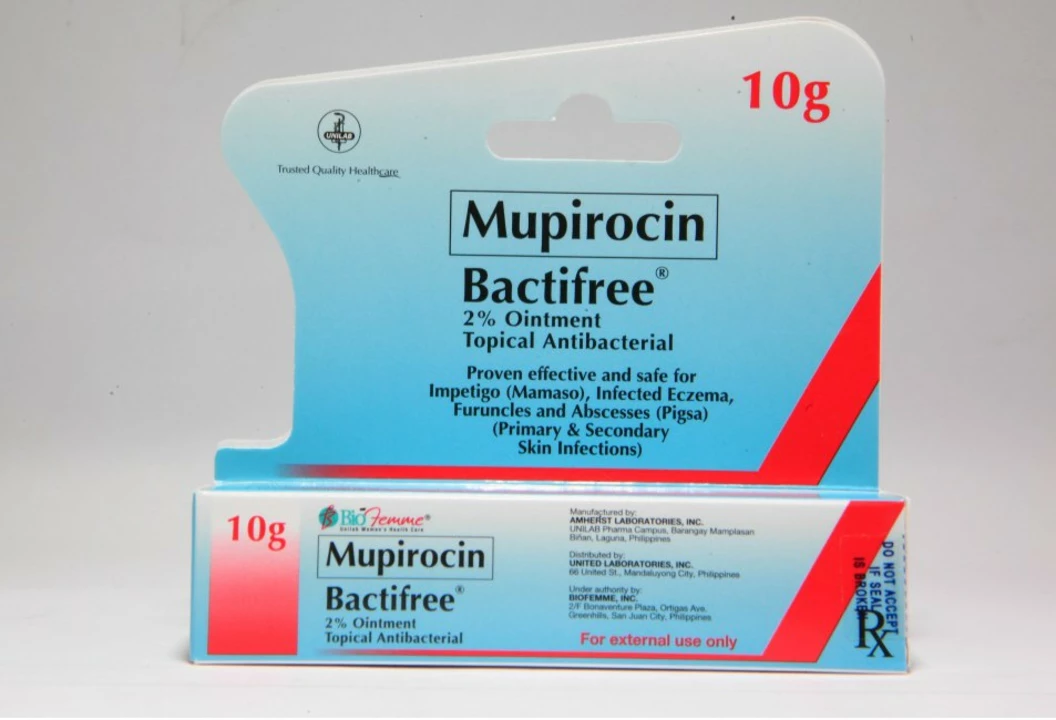Treating skin infections
starts with spotting signs early such as redness warmth pain swelling pus or a spreading rash. Act fast because early care stops small problems from getting worse. Mild infections often clear with simple home care and over the counter creams, while deeper infections usually need prescription antibiotics or medical treatment.
Start by cleaning the area gently using soap and water. Pat the skin dry. Avoid harsh scrubbing. Use a warm compress for ten to fifteen minutes two times a day. This helps pain and can encourage drainage for boils.
For small cuts and impetigo, apply an antiseptic and a thin layer of antibiotic ointment. Keep wounds covered with a clean bandage. Change dressings daily or whenever they get wet or dirty.
When to see a doctor
seek medical help if redness spreads quickly, pain is severe, you have a fever, or the infection is near the eyes, mouth, genitals, or a joint.
People with diabetes or weak immune systems should see a clinician early. Doctors may prescribe oral antibiotics for cellulitis infected cuts or other deep infections. For abscesses a clinician may need to drain pus safely.
Topical creams work for small surface infections. Use oral antibiotics when infection is spreading or deep. Always follow the full course your doctor prescribes. Stopping early can let bacteria return stronger.
Avoid squeezing boils or popping blisters. Doing so can push infection deeper or spread it to other skin areas. Do not share towels razors or clothing while healing.
Wash bedding and towels in hot water. Use a fresh towel each day. Keep the infected area clean and dry. Moist skin can breed bacteria and fungi.
Treat fungal infections like athlete foot with antifungal creams. Look for round scaly patches with a clearer center for ringworm. Most fungal cases clear in weeks with consistent treatment.
If infections come back often, check for underlying causes. Moist skin poor hygiene and close contact with infected people raise risk. For recurrent staph infections a doctor may test for carrier status and suggest decolonization steps.
Special care for cellulitis
this needs quick attention because it can spread along lymph channels. Call your provider if skin becomes red warm swollen and tender around a wound.
Prevent future infections by keeping skin clean and dry treating cuts quickly trimming nails and using moisturizer to avoid cracks. Vaccinate when recommended for example tetanus after dirty wounds.
If you are unsure about symptoms call a clinic or talk to a pharmacist. Quick advice can stop a small issue from becoming serious. Treating skin infections early saves time pain and money.
Keep an eye on healing for two weeks after treatment. If the area is not improving or gets worse return to your healthcare provider. Note any new symptoms like spreading redness fever or unusual drainage. A clear plan from a clinician gives peace of mind and the best chance of a full recovery. Keep basic first aid supplies at home so you can act fast when signs appear.
The role of mupirocin in treating skin infections: what you need to know
As a blogger, I've been researching the role of mupirocin in treating skin infections and I'd like to share some key findings with you. Mupirocin is a topical antibiotic that effectively treats bacterial skin infections, such as impetigo and staph infections. It works by stopping the growth of bacteria, ultimately helping to clear up the infection. It's important to follow your doctor's instructions when using mupirocin, as improper use can lead to antibiotic resistance. Overall, mupirocin is a valuable tool in treating skin infections, but it's crucial to use it responsibly for the best results.






